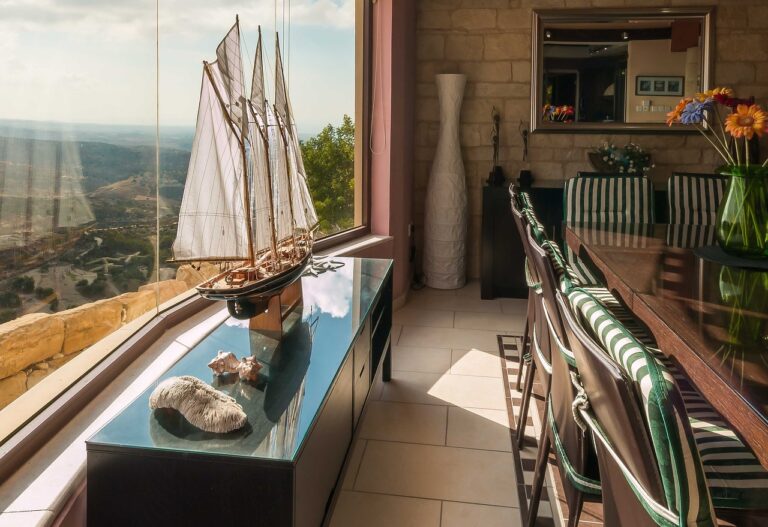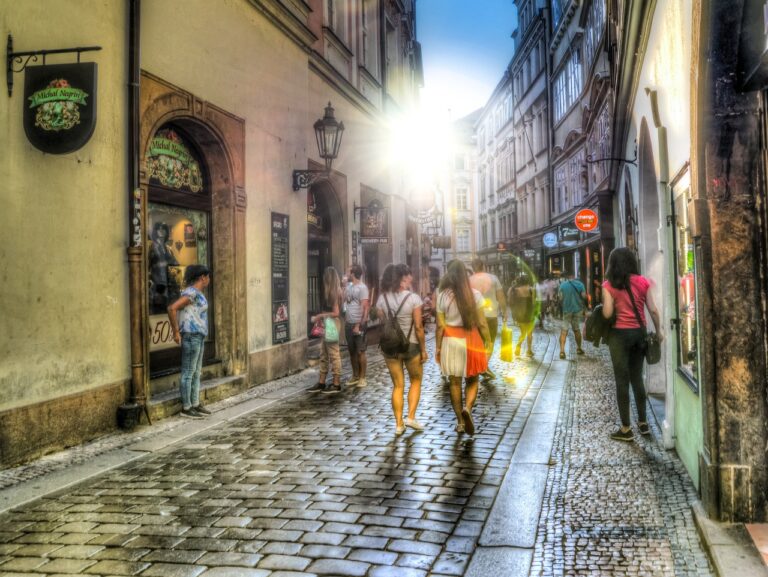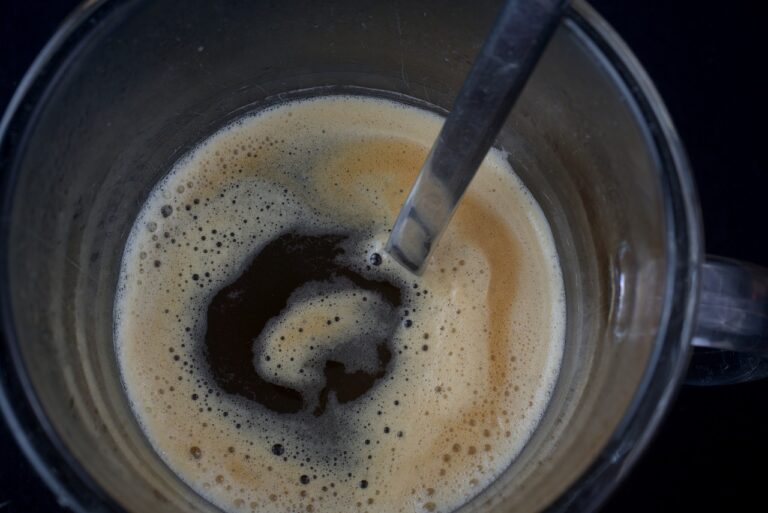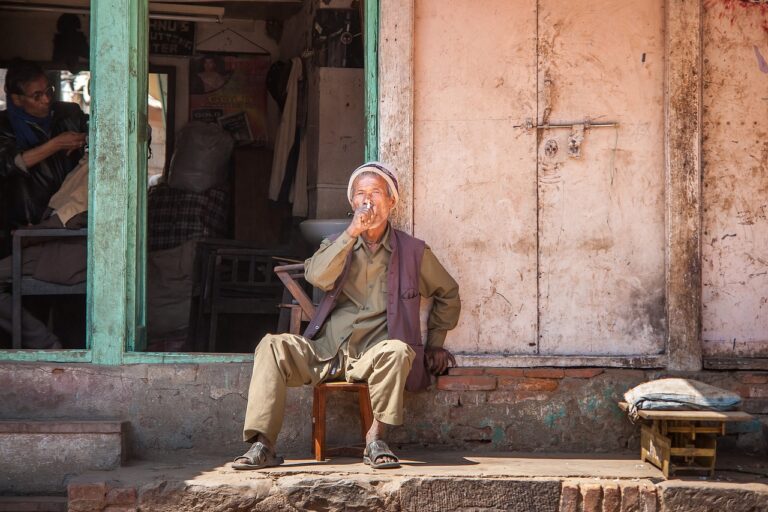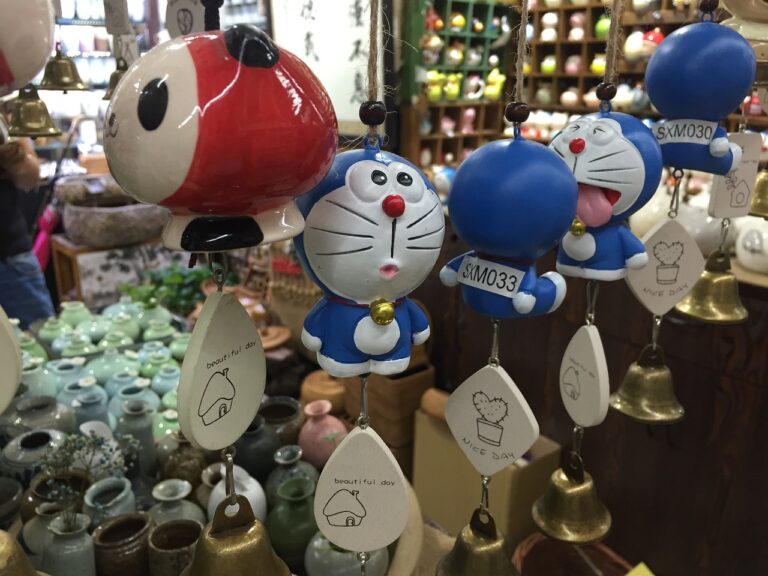The Role of Florists in Cultural Festivals: Cricbet99, Sky11 bet, Play lotus365
cricbet99, sky11 bet, play lotus365: Florists play a crucial role in cultural festivals, bringing color, beauty, and meaning to these celebrations. Whether it’s a traditional ceremony, a religious holiday, or a community event, flowers are often a centerpiece of the decorations, symbolizing themes such as rebirth, growth, and life.
Decorating with flowers is a practice that dates back centuries, with different cultures around the world incorporating blooms into their festivities. In many traditions, specific flowers or arrangements hold special significance, representing values, beliefs, or historical events.
In cultural festivals, florists work closely with event organizers to create stunning floral displays that enhance the overall atmosphere and convey the intended message. They use their artistic skills and knowledge of flowers to design arrangements that complement the theme of the event and evoke the desired emotions in attendees.
Here are some key roles that florists play in cultural festivals:
1. Theme Interpretation: Florists help bring the festival’s theme to life through their choice of flowers, colors, and arrangements. They carefully select blooms that resonate with the cultural significance of the event and use them to create visually striking displays.
2. Venue Decoration: Florists transform event spaces with their beautiful floral designs, adding elegance, freshness, and fragrance to the surroundings. They create focal points, such as centerpieces, arches, and aisle decorations, that draw attention and create a memorable setting for attendees.
3. Symbolism: Florists incorporate symbolic flowers into their designs to convey messages or pay homage to cultural traditions. For example, red roses may symbolize love and passion in a wedding ceremony, while white lilies represent purity and peace in a religious festival.
4. Collaboration: Florists work closely with event planners, designers, and other vendors to ensure that the floral arrangements complement the overall decor and theme of the festival. They collaborate on color schemes, layout, and logistics to create a cohesive and visually appealing event.
5. Tradition Preservation: Florists play a role in preserving and honoring cultural traditions by incorporating native or traditional flowers into their designs. They help keep these customs alive and relevant in modern celebrations, connecting attendees to their heritage and history.
6. Community Engagement: Florists often source flowers locally, supporting small growers and businesses in the community. By showcasing the beauty of regional blooms in cultural festivals, they help promote local agriculture and sustainability.
Overall, florists bring creativity, artistry, and meaning to cultural festivals through their floral designs. Their work adds a special touch to these events, making them more memorable, meaningful, and visually captivating for attendees.
FAQs:
1. How far in advance should I book a florist for my cultural festival?
It’s recommended to book a florist at least several months in advance to secure their services and allow time for planning and preparation.
2. What factors should I consider when choosing a florist for my cultural festival?
When selecting a florist, consider their experience with cultural events, their portfolio of work, their understanding of your festival’s theme, and their ability to collaborate with other vendors.
3. Can a florist accommodate specific cultural traditions or customs in their designs?
Yes, many florists are experienced in incorporating cultural symbols, colors, and flowers into their designs to honor traditions and customs unique to your festival.


